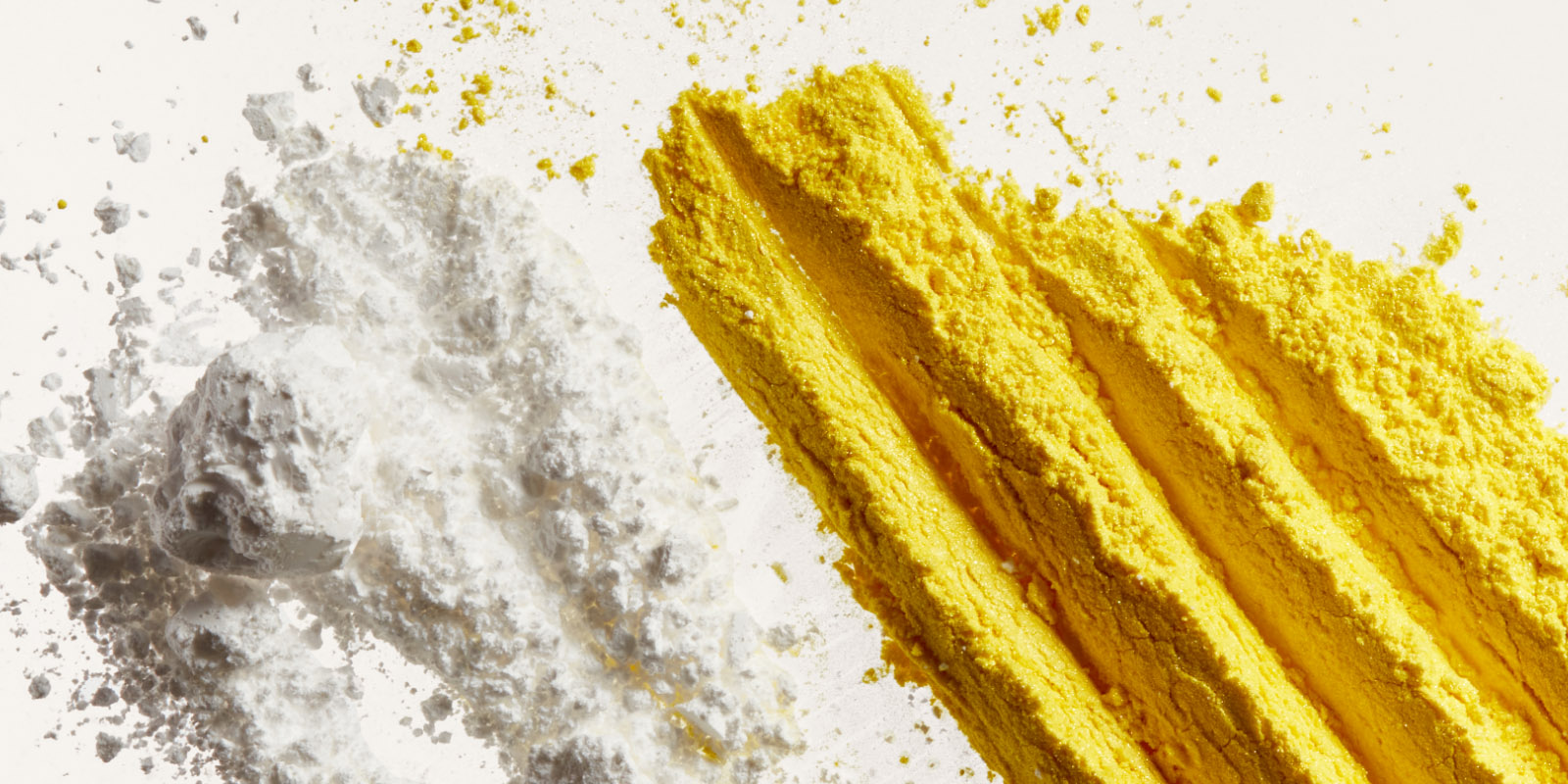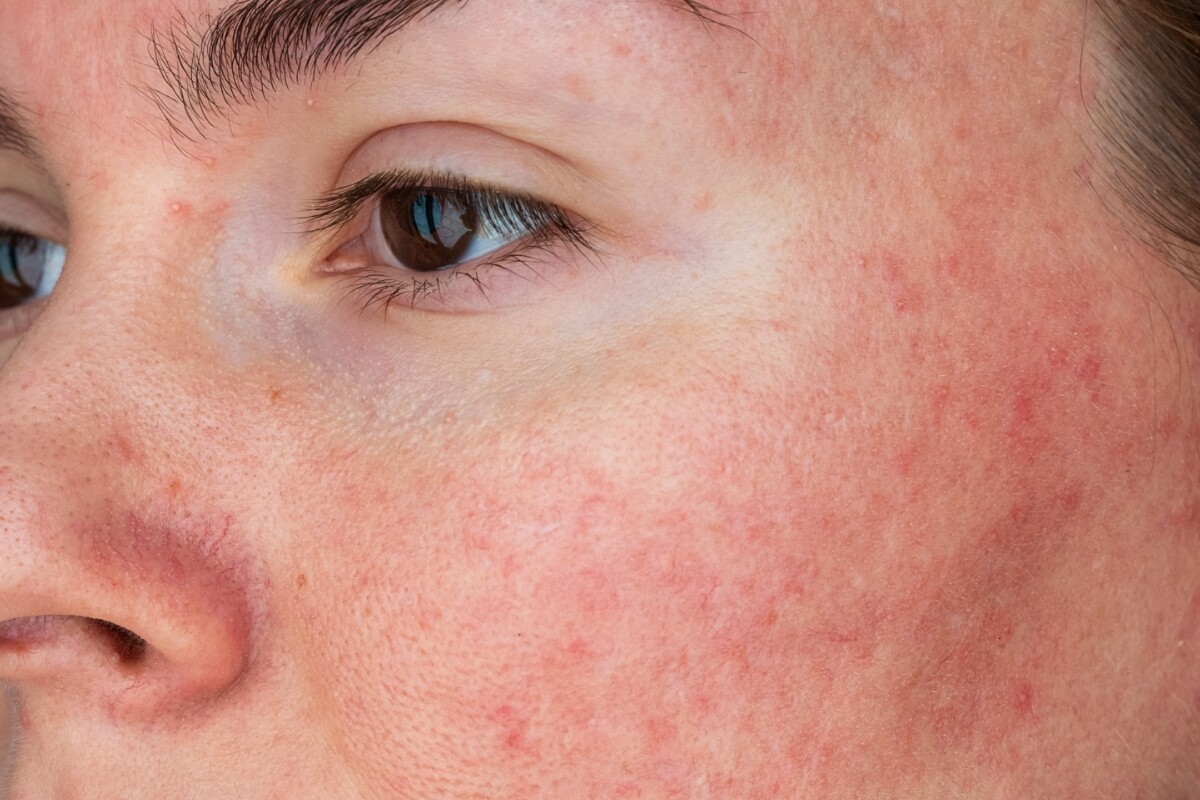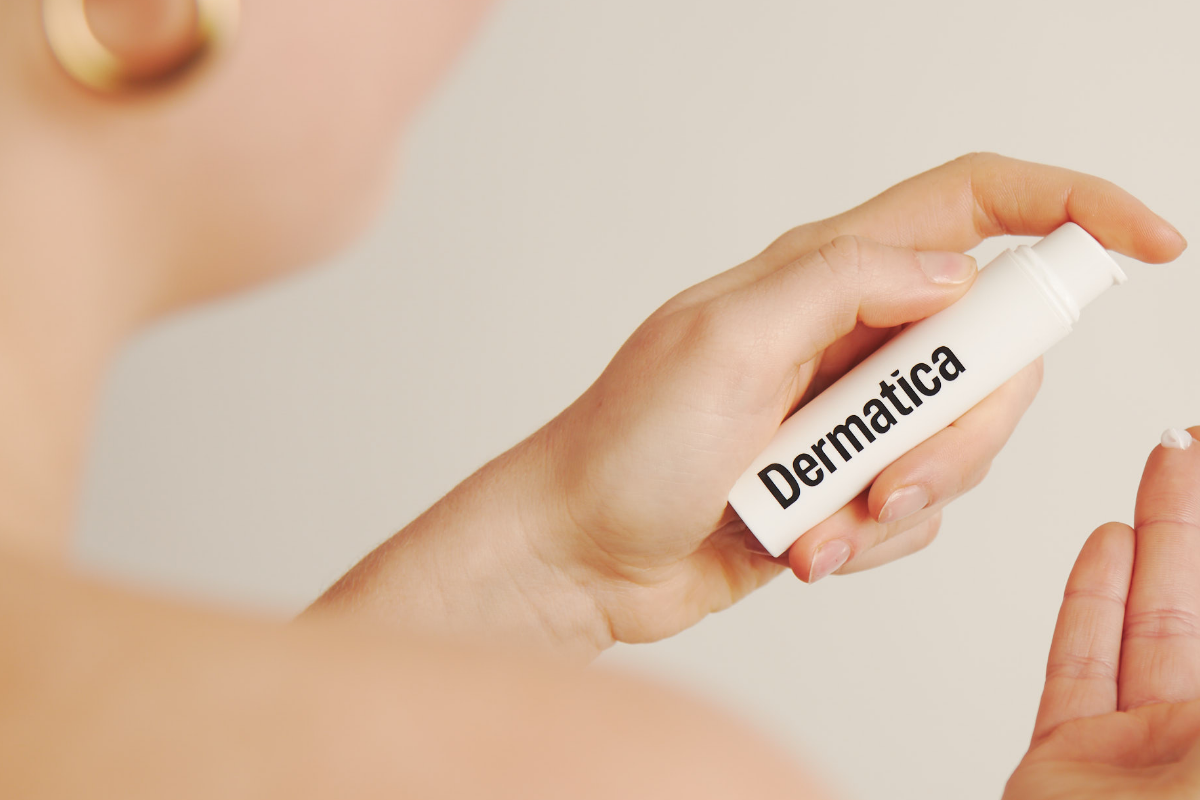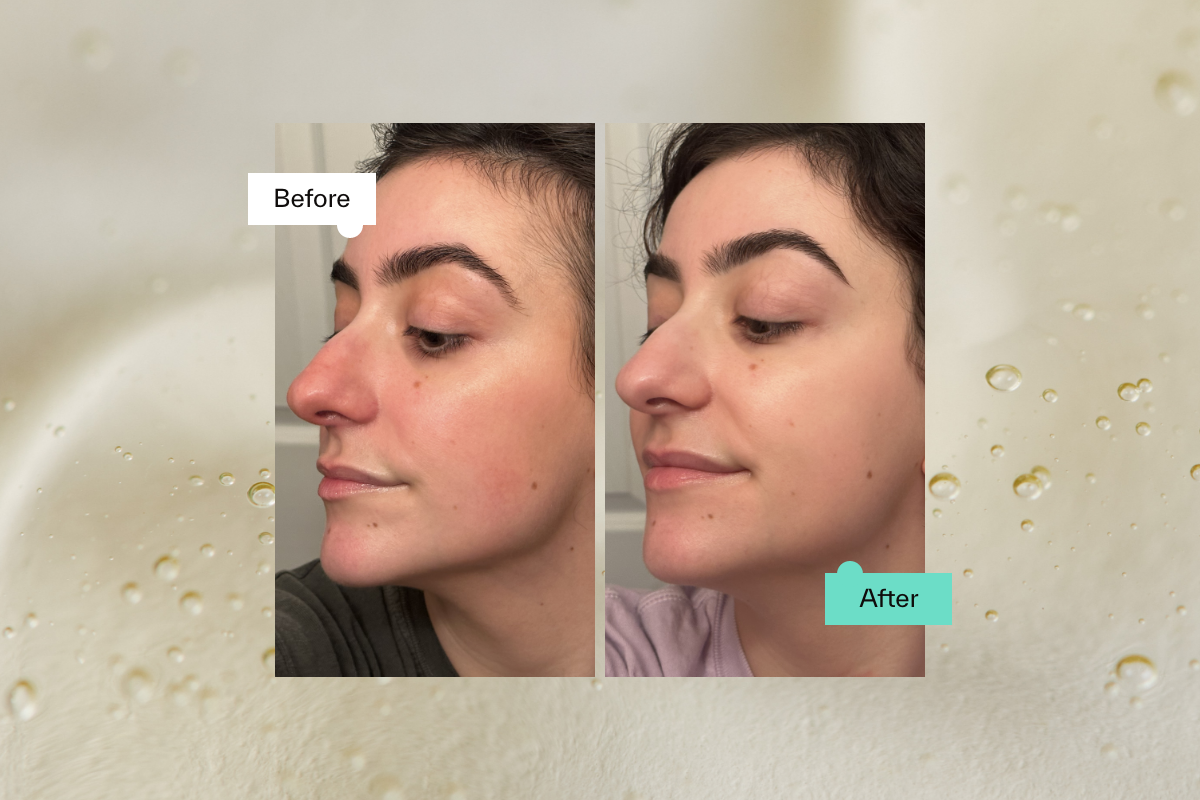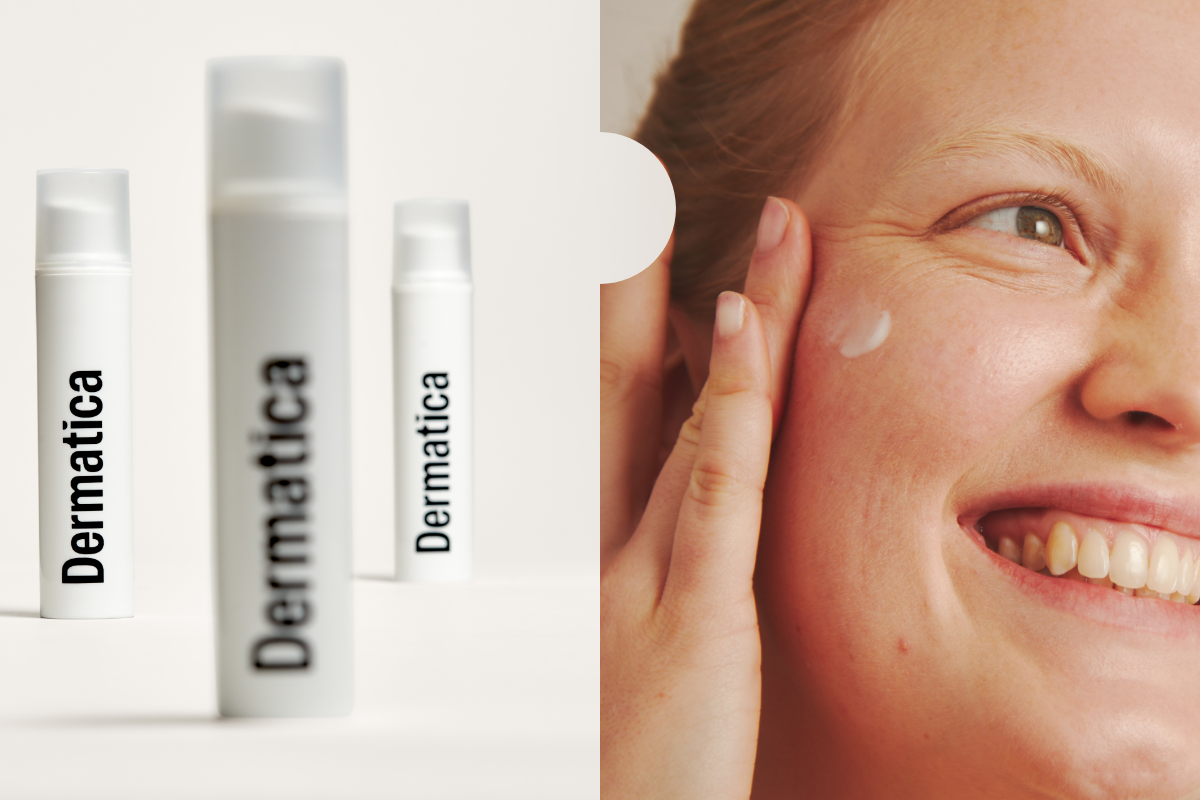Introduction
The anti-ageing benefits of tretinoin are pretty remarkable. As an ingredient, it has the most research behind it for increasing collagen, fading age spots and smoothing wrinkles than any other.
So for Healthy Ageing Month, we’ll explore why this retinoid is so highly regarded for combating the signs of skin ageing, and improving skin health overall. We’ll also explain how it can help you achieve a more youthful complexion.
Collagen Production: Restoring Your Skin’s Building Blocks
One of the most impressive features of tretinoin is its ability to both stimulate collagen production and protect it against degradation. Collagen is a structural protein which contributes to your skin’s firmness and elasticity, and it naturally declines with age. By inducing collagen synthesis and reducing its breakdown, tretinoin helps smooth the appearance of fine lines and wrinkles. With consistent use, you’ll notice a visible improvement in your skin’s texture and suppleness.(1)
Cell Turnover: Revealing A Radiant Complexion
Because it can accelerate skin cell turnovers, tretinoin acts as an exfoliant – giving your skin a glow and reducing dullness.
Improving Skin Texture
Tretinoin has also been known to help improve skin texture. It can unclog pores and smooth rough patches, leaving your skin looking even and less textured. Regular use of tretinoin can help minimise the appearance of fine wrinkles, mild acne scarring and improve overall skin texture.(2)
Hyperpigmentation Reduction: Fades Dark Spots
Fading hyperpigmentation, such as age spots or sunspots, is made easier with tretinoin, and it’s appropriate for most skin types(3) By increasing cell turnover — tretinoin helps fade these patches to help you achieve a more uniform skin tone.(4) With consistent application, you’ll notice a visible reduction in those spots.
Ready to see the results of a prescription retinoid like tretinoin on your skin? Click here to start a free online consultation with Dermatica’s clinical team. It only takes two minutes, and our clinical team will provide you with a personalised treatment plan tailored to your needs. And with prescription ingredients like tretinoin, you can achieve incredible results.
Conclusion
Dermatologist studies have backed its skin ageing benefits for decades, so it’s no wonder tretinoin is a key ingredient recommendation by dermatologists. Its ability to enhance cell turnover, induce collagen synthesis and reduce its breakdown, improve skin texture, and fade hyperpigmentation make it a go-to.
Remember, tretinoin is a potent medication. It’s therefore essential to seek guidance from a licensed dermatology professional if you’re considering it – so you know you’re using the correct strength and treatment plan for your skin, and you can reach out with any questions or concerns.
To get your personalised formula, start an online consultation here.
References
1. Zasada M, Budzisz E. Retinoids: active molecules influencing skin structure formation in cosmetic and dermatological treatments. Advances in Dermatology and Allergology [Internet]. 2019;36(4):392–7. Available from: https://www.ncbi.nlm.nih.gov/pmc/articles/PMC6791161/
2. Sitohang IBS, Makes WI, Sandora N, Suryanegara J. Topical tretinoin for treating photoaging: A systematic review of randomized controlled trials. International Journal of Women’s Dermatology. 2022 Mar;8(1):e003.
3. Callender VD, Baldwin H, Cook-Bolden FE, Alexis AF, Stein Gold L, Guenin E. Effects of Topical Retinoids on Acne and Post-inflammatory Hyperpigmentation in Patients with Skin of Color: A Clinical Review and Implications for Practice. American Journal of Clinical Dermatology. 2021 Nov 9;
4. Rafal ES, Griffiths CEM, Ditre CM, Finkel LJ, Hamilton TA, Ellis CN, et al. Topical Tretinoin (Retinoic Acid) Treatment for Liver Spots Associated with Photodamage. New England Journal of Medicine. 1992 Feb 6;326(6):368–74.
Caroline Ferry
Caroline Ferry is a freelance journalist and copywriter, who has written for Grazia Magazine, Harper's Bazaar, Tatler and Elle and consults for many skincare, fragrance and fashion brands.
Cat Hyatt
Dr Cat Hyatt is a GP, working as Clinical Content Lead for Dermatica. She has a special interest in medical content and making healthcare information accessible and understandable for all.

